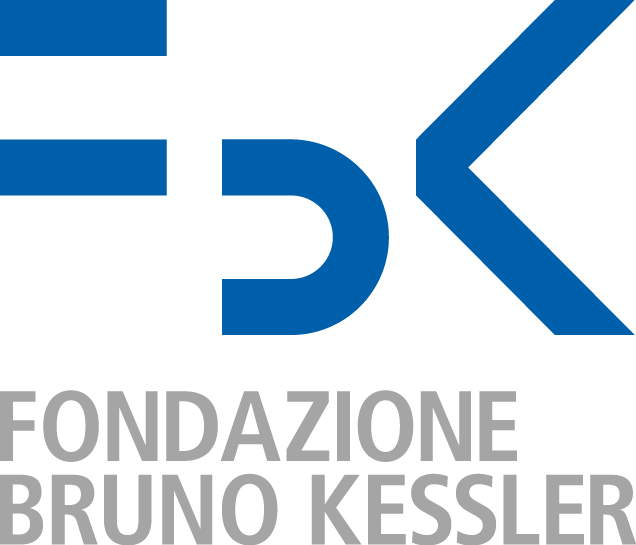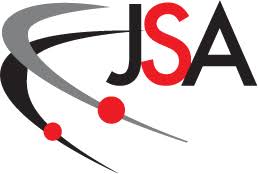Emergent mass and its consequences in the Standard Model
The most fundamental emergent phenomena in Quantum Chromodynamics (QCD), e.g. confinement, dynamical chiral symmetry breaking, mass generation for both gluons and quarks, and bound state formation, can only be tackled using non-perturbative methods. In the last decade, our theoretical understanding of these issues has improved considerably, owing to major advances in the approaches used to address them. In particular, marked progress in functional techniques (such as Schwinger-Dyson and Bethe Salpeter equations) enables us now to investigate, with quantitative accuracy, the complicated dynamics of QCD’s basic Green functions, establish subtle connections between them and interpret their field-theoretic origin, and combine this information to obtain crucial predictions for observables.
At the same time, high-precision lattice simulations are furnishing valuable information on some of the most theoretically intractable facets of QCD, and new generation experiments such as GlueX, CLAS12 and at the foreseen facilities SoLID, PANDA, and EIC promise to expose the structure of hadrons with unprecedented detail. We are thus on the edge of a new era in studying strong interactions within the Standard Model.
This workshop will therefore gather a selected group of experts to discuss the most exciting recent developments, identify new goals, and lay a path toward completion of the most pressing tasks in strong QCD.
Main Topics:
- Confinement
- Chiral Symmetry Breaking
- Continuous and discrete approaches to QCD
- Hadron phenomenology
- Experimental hadron physics




